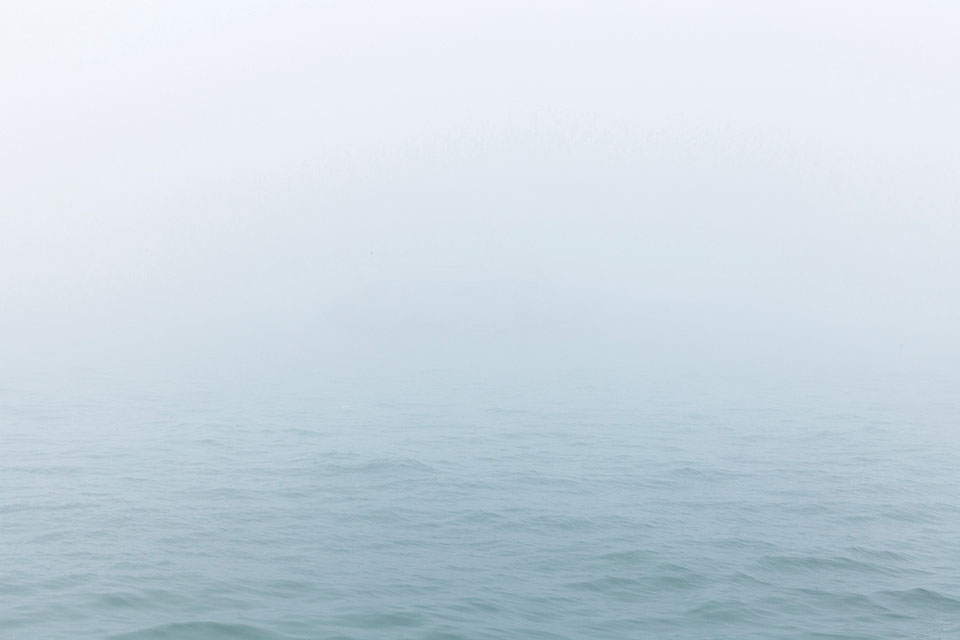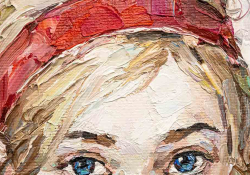Margherita

Margherita was tiny and hunched. She had light eyes, and always—summer or winter—wore a shawl she kept closed on her chest with her hand, as if clutching a necklace. She lived in a small place under the low porticoes of the city hall, a place that seemed the lair of a wood fairy.
One day, she asked me where I came from.
“Turin . . . ,” she repeated with a sigh, squinting her eyes. “I was in Turin once . . . right after the war. Many houses bore the signs of bombing and many were no longer there. . . . Trams went through the streets—trams are old animals and modern machines—they scared me a little.”
She had never seen the sea, so I promised to take her there.
She had never seen the sea, so I promised to take her there.
We left early in the morning one weekend.
During the trip she remained silent until we entered the tunnels.
She was agitated. Every now and then she mumbled something to herself.
“Margherita, are you all right?”
“Yes . . . you know, I am thinking of my husband, years ago in the mines . . . it must have been terrible. I was young, it hurt to be apart, I didn’t understand the mines . . .”
Finally, after the last mountain, the sea stretched out before us. While we slowly walked down toward its gray-blue expanse, she covered her eyes and asked me to stop.
She opened her hands, freeing for a moment her gaze, then closed them immediately. She did this for some time.
“It’s so big that I can only look at it bit by bit.”
The last time I saw Margherita she was stretched out on a big bed—she seemed swallowed by the blankets. Only her face peeked out, her eyes a faint gray, almost colorless, like the eyes of a newborn.
All of a sudden she covered them with her hands and repeated this “peek-a-boo” of hers, then she smiled at me.
“Poor thing,” her relatives said. “She’s turned into a child.”
Translation from the Italian











